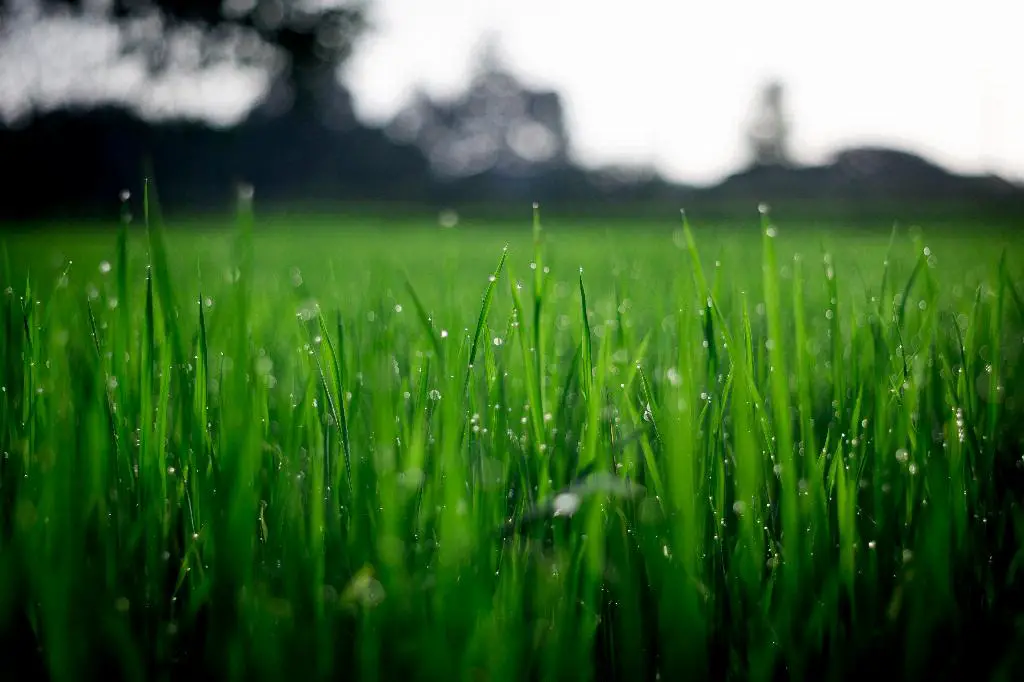When it comes to lawn care, watering plays a crucial role in maintaining a lush, green lawn. Many homeowners wonder whether they should water their lawn every day to keep it looking its best. However, watering your lawn daily may not be the most effective approach to ensuring the health and vitality of your grass.
The Importance of Watering Frequency
While watering your lawn is essential, the frequency at which you do so can significantly impact the health of your grass. It is generally recommended to water your lawn once or twice a week, rather than every day. Overwatering your lawn can lead to shallow root growth and make your grass more susceptible to disease.
Proper Watering Techniques
When it comes to watering your lawn, it is important to water deeply and infrequently. Giving your grass 1 to 1.5 inches of water each time you water can help promote deep root growth and make your lawn more resilient to drought conditions. Adjusting the watering time based on the size of your lawn and the type of sprinkler you have can ensure that your grass receives adequate moisture.
Factors to Consider
Several factors can influence how often you should water your lawn. Factors such as soil type, grass type, and weather conditions can all affect the watering needs of your lawn. Monitoring the moisture level of your soil and adjusting your watering schedule accordingly can help ensure that your lawn remains healthy and vibrant.
Signs of Overwatering
Overwatering your lawn can have negative consequences on the health of your grass. Signs of overwatering include soggy soil, yellowing grass, and an increase in pests and diseases. By following proper watering techniques and avoiding daily watering, you can prevent these issues and promote a thriving lawn.
Benefits of Proper Watering
Properly watering your lawn can have numerous benefits for your grass. Deep, infrequent watering can encourage deep root growth, making your grass more resilient to drought conditions. Additionally, watering less frequently can help conserve water and reduce your water bill.
Seasonal Considerations
The watering needs of your lawn can vary depending on the season. In the summer months, when temperatures are higher, your lawn may require more frequent watering. However, in the spring and fall, when temperatures are cooler, you may be able to water your lawn less frequently. Adjusting your watering schedule based on the season can help ensure your lawn remains healthy year-round.
Experiment and Monitor
It can be helpful to experiment with different watering schedules and monitor the health of your grass to determine the best approach for your lawn. By observing how your grass responds to different watering frequencies, you can tailor your watering schedule to meet the specific needs of your lawn.
Consulting a Professional
If you are unsure about the watering needs of your lawn, consulting a professional landscaper or horticulturist can provide valuable insights. A professional can assess the health of your lawn, recommend a watering schedule, and offer tips for maintaining a healthy and vibrant lawn.
Conclusion
In conclusion, while watering your lawn is essential for maintaining its health and vitality, watering your lawn every day may not be the most effective approach. By following proper watering techniques, adjusting your watering schedule based on the needs of your lawn, and monitoring the health of your grass, you can ensure that your lawn remains lush, green, and resilient to environmental stressors.

